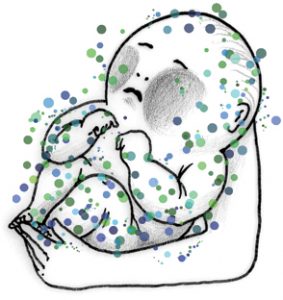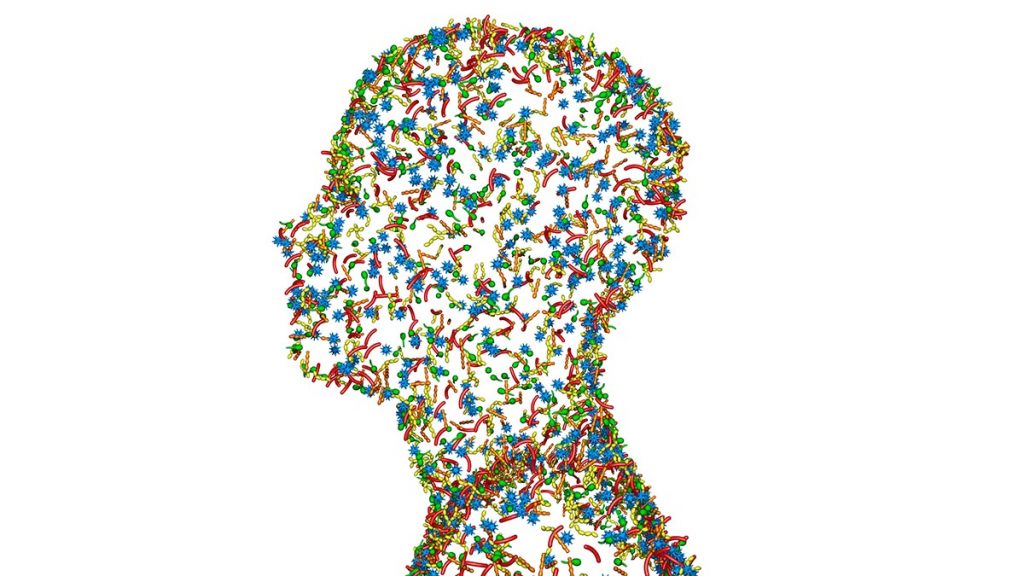Background:
Hepatitis C virus (HCV) infection is a liver infection that is a worldwide major health problem. According to the World Health Organization (WHO), they estimated approximately 71 million people in the world with chronic HCV. In this blog I will be focusing more on chronic HCV and how it affects our gut microbiome. There are many different genotypes of the virus, and sadly there is still no pre-exposure prophylaxis available to this day but there is currently much research being done on HCV (CDC, 2018). Following the chronic infection, most people will develop cirrhosis or liver cancer. A large portion of the people who die from HCV die because they have already entered the terminal stages of cirrhosis or hepatocellular carcinoma. Cirrhosis is a serious disease that occurs once liver cells are damaged with scar tissue, when the organ starts to fail the patient will die unless they receive a liver transplant (CDC, 2018). Hepatocellular carcinoma is a type of cancer that is correlated with hepatitis C virus, hepatitis B virus, heavy drinking, iron storage diseases or aflatoxin (CDC, 2018). The most common sources of HCV infection are by injection drugs, using contaminated needles, and transfusions of blood that has not been tested for blood pathogens. Throughout the years there has been a significant amount of research on the role of gut microbiota in non-alcoholic fatty liver disease and liver cirrhosis, but there is not much research on chronic hepatitis C and the human microbiome. This is because most of the other research focuses on how alcohol affects the liver. Continue reading “How the gut microbiome is impacted: Patients with stage 4 hepatitis C virus”


